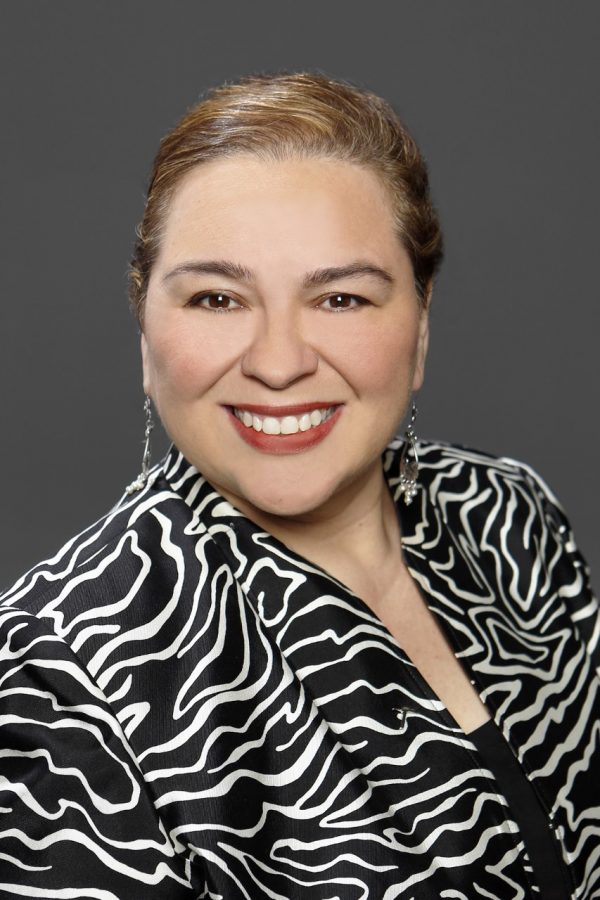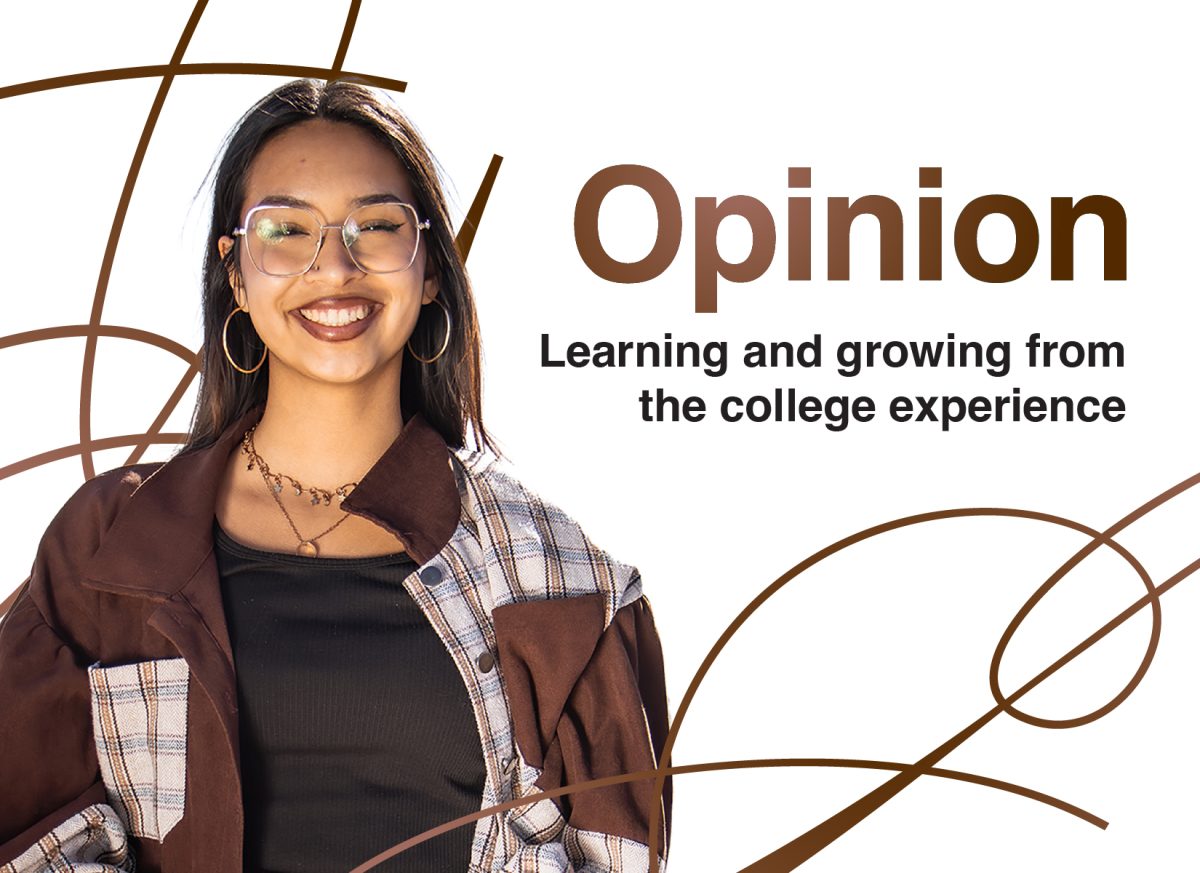The pandemic has affected us all at some level. Some of us have family and friends who have been infected by the COVID-19 virus, also known as the corona, rona, and “el virus.” For working women with children at home, the virus has had an impact that will take a few years to assess. For UTEP staff, faculty, and students, being at home has brought on overlapping realms of work, school, and other duties associated with the third shift of unpaid labor that usually involves caring for others. There is also the fourth shift, caring for self. This might seem selfish perhaps, but this is a call for women to reflect on all the roles and duties we have taken on, to put our own self-care and self-love on the front burner as we strive to exist.
Lately, I have been reading about the life and works of Sor Juana Ines de la Cruz, a woman who decided to become a nun to have the right to think and write in 17th century Mexico. At the time, women were limited to a few roles, mostly to become wives, mothers, or nuns—she opted to become a nun. She chose to go into a convent to find the space to think, write, and create a variety of works, including plays, poems, speeches, and even recipes. I have also been working in collaboration with two colleagues on translating and editing the works of Marcela Lagarde y de los Rios, a feminist anthropologist, who has several topics that are quite relevant to feminists during a pandemic. Lagarde is known for themes such as cautiverios (confinements). Spending months, days, and so many hours at home has been a form of captivity- staying at home during this pandemic has been life changing.
For those of us studying and working at home, we have had a lot of time to see through many windows and lenses. I offer a feminist lens because it is practical in examining and deconstructing the many roles we have grown up with and learned to take on. This is a great time to analyze, question, and redefine gender roles. This is the time to uncover the hidden labor we have grown accustomed to doing, while inviting our partners to share duties and responsibilities. This seems like a ripe time to assess what has been working in our lives so far, what we would like to start doing to get back to a new reality, and to stop doing what no longer works for us.
I have learned to stop stressing about what I cannot control, like snowstorms, broken pipes, and broken water heaters at home. I have started doing yoga and meditation. I plan to continue looking for ways to bring in the arts into what I do. This past fall, I intentionally added a week of poetry into my course, as we read Pablo Neruda and wrote odes to fruits, vegetables, and comfort foods. I have since, added drawing activities in different meetings on Zoom to break up the monotony of hours of meetings in front of the computer screen.
As we entered 2021 with much conflict, we also did so with hope. We have the first vice president woman in our country, Kamala Harris and a first lady with a Doctorate in Education, Jill Biden. Little girls will grow up seeing great women leaders as role models and leaders. Women of color have a lot to celebrate and feel proud of. We, as women, can bring forward a critical perspective to what we do, who we are, and what we choose across our lifespan. I hope this time at home has given us some time to meditate, recharge, walk, dance, cook, bake, garden, play, nap, observe, reflect, and re-organize.
The pandemic has been brutal to so many mothers who also studied and worked while trying to read, write, do research, while caring for young or older children. Women have sought to complete professional obligations while caring for families and it has been overwhelmingly exhausting. This pandemic has also been hard on kids who do not easily distinguish workspaces from what they have always known to be the comfort of their own homes. It is challenging to plan to return to normal when vaccines are not available for our kids yet.
We live in a society filled with expectations, and yet we need to pause to listen and reconfigure new ways of studying, working, and living through this pandemic to create a more flexible and inclusive society. May we find our way through this time of confinement to create a world where we can co-exist.
Guillermina Gina Núñez-Mchiri is the director of the Women’s and Gender Studies department at UTEP and may be reached at [email protected].






